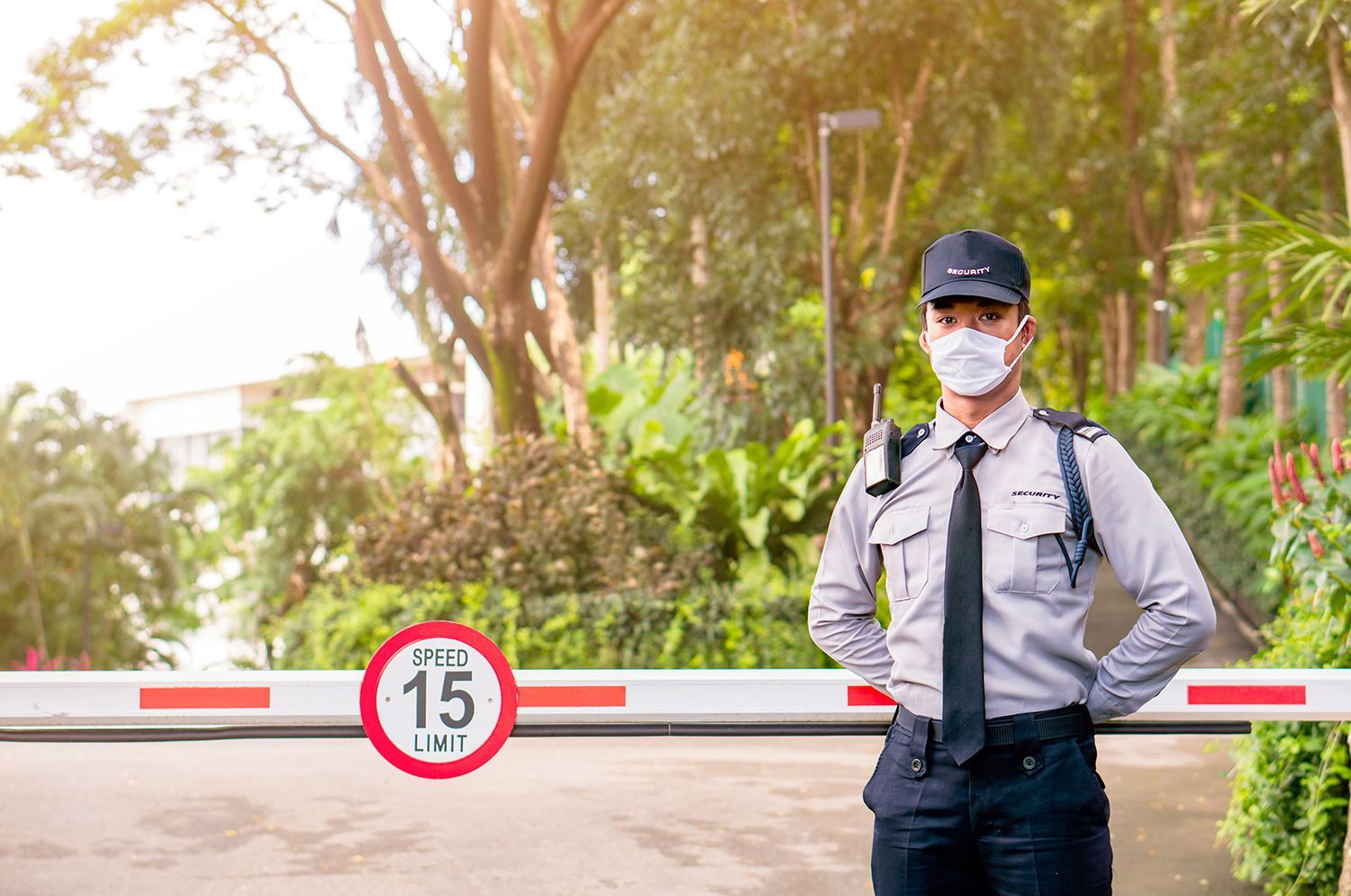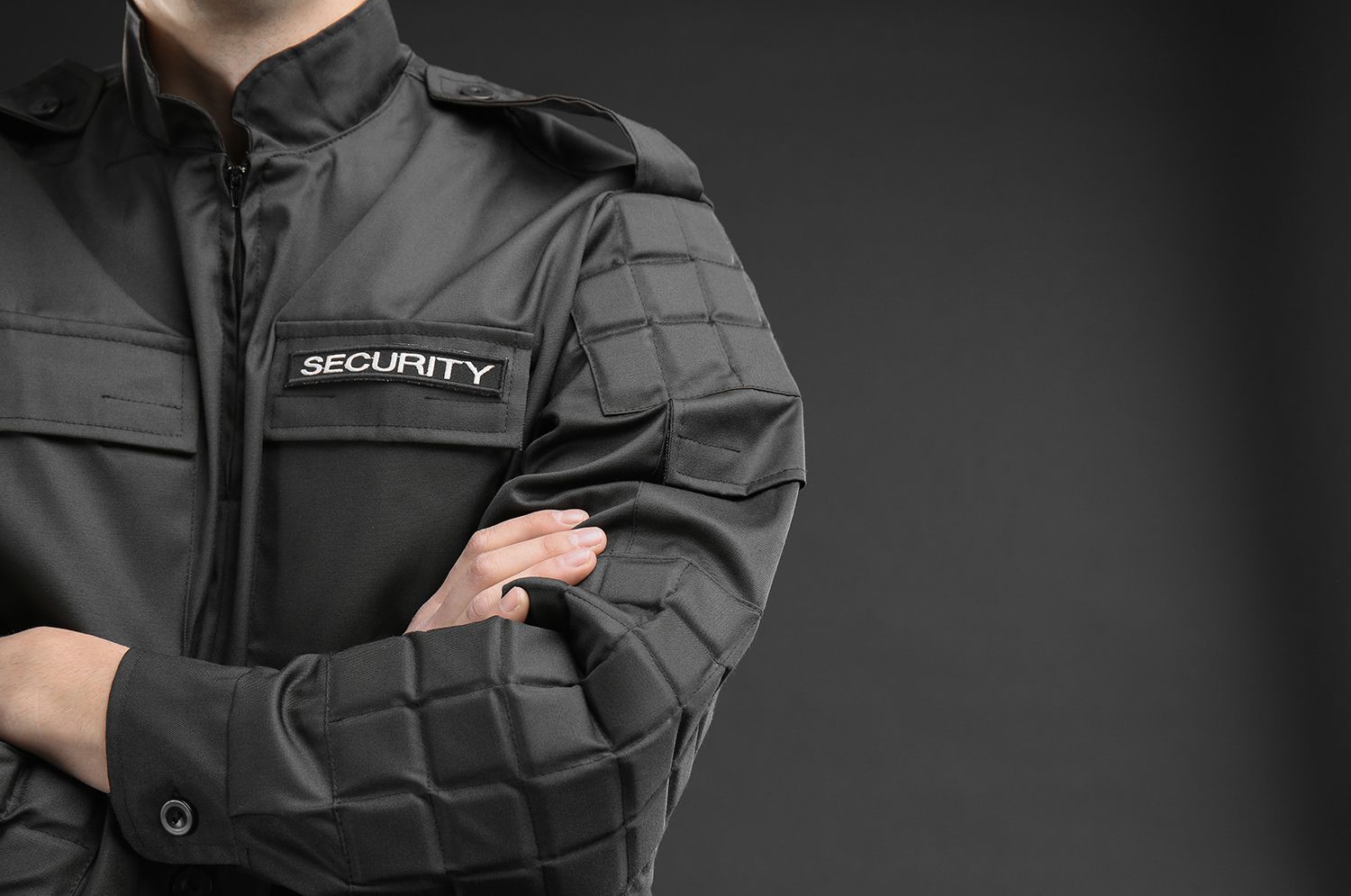Canine Companions and Crime Prevention
In the ever-evolving world of security, dog handling has emerged as a powerful and highly effective asset. The use of specially trained dogs, often in tandem with skilled handlers, has become increasingly prevalent in various security sectors. In this 750-word article, we will delve into the critical role of dog handling in the security industry, exploring the benefits, training, legal considerations, and why this partnership is a game-changer for security.
The Significance of Dog Handling in Security
The integration of dogs into security operations brings several key advantages:
Enhanced Detection: Dogs possess an extraordinary sense of smell, enabling them to detect hidden threats such as explosives, narcotics, or intruders with unparalleled accuracy.
Quick Response: Dogs are agile and quick to respond to commands, making them ideal for rapidly evolving security situations.
Deterrence: The mere presence of a well-trained security dog can deter potential threats, reducing the likelihood of security breaches.
Versatility: Dogs can be trained for various roles, including detection, patrolling, and apprehension, making them adaptable to different security needs.
The Roles of Dog Handling in Security
Dog handling in security encompasses various roles and sectors:
Detection Dogs: These dogs are trained to detect specific scents, such as explosives or narcotics, in diverse environments. They are often employed at airports, border crossings, and high-security facilities.
Patrol Dogs: Patrol dogs are deployed to patrol areas, ensuring they remain secure and free from unauthorized access. They are commonly used in private security and law enforcement.
Search and Rescue Dogs: Search and rescue dogs play a crucial role in locating missing persons in disaster-stricken areas, wilderness, or urban environments.
Protection Dogs: These dogs are trained to protect property or individuals. They serve as valuable assets in private security and personal protection.
Apprehension Dogs: When necessary, apprehension dogs can safely subdue suspects, providing an additional layer of security. They are often utilized by law enforcement agencies.
Training Methods for Dog Handling in Security
Training is a fundamental aspect of preparing both dogs and handlers for their roles in security:
Obedience Training: Basic obedience commands such as sit, stay, and come are essential for security dogs to respond promptly to their handler's instructions.
Scent Detection Training: Dogs are trained to detect specific scents, allowing them to identify hidden threats accurately.
Search and Rescue Training: Search and rescue dogs learn to track and locate missing persons in various terrains and conditions.
Protection Training: When apprehension is necessary, dogs are trained to subdue suspects safely and effectively.
The Bond Between Handlers and Dogs
The effectiveness of dog handling in security hinges on the strong bond between the handler and the dog. Handlers are responsible for the care, training, and guidance of their canine partners. This bond enables seamless communication and cooperation, allowing security teams to perform their roles with precision.
Legal and Ethical Considerations
The use of dogs in security comes with legal and ethical responsibilities:
Legal Compliance: Security companies must ensure that all aspects of using dogs in security comply with local, state, and federal laws. This includes licensing, registration, and adherence to regulations governing the use of dogs.
Ethical Treatment: Dogs must be treated ethically and responsibly. This includes providing them with proper care, nutrition, and shelter. Ethical treatment also extends to respecting the rights and privacy of individuals when dogs are deployed.
Liability Insurance: Companies should consider liability insurance to protect themselves in case of any incidents involving security dogs. Consulting with legal advisors can help determine the appropriate coverage.
Integration into Security Protocols
For dog handling in security to be effective, it must be seamlessly integrated into existing security protocols:
Handler Training: Handlers undergo specialized training to work effectively with their canine partners. They learn to understand the dog's cues, commands, and behavior.
Staff Awareness: Informing staff or employees about the presence of security dogs and their specific roles promotes smoother integration into daily operations.
Emergency Response Plans: Developing clear emergency response plans that include the roles and responsibilities of security dogs ensures everyone knows what to do in case of security breaches, threats, or emergencies.
The Future of Dog Handling in Security
As technology continues to advance, dog handling in security is likely to evolve. Wearable technology, enhanced communication devices, and artificial intelligence may complement the abilities of security dog teams, making them even more effective in securing various environments.
Conclusion
Dog handling in the security industry represents a powerful and adaptable approach to safeguarding people, property, and assets. The partnership between highly trained dogs and skilled handlers brings enhanced detection, rapid response, and deterrence to the forefront of security operations.
A-Z Security Services Ltd upholds the highest standards of legal compliance, ethical treatment, and seamless integration to ensure this dynamic partnership is fully optimised. As security threats continue to evolve, the bond between handlers and their canine partners ensures that dog handling remains a cornerstone of effective security.











